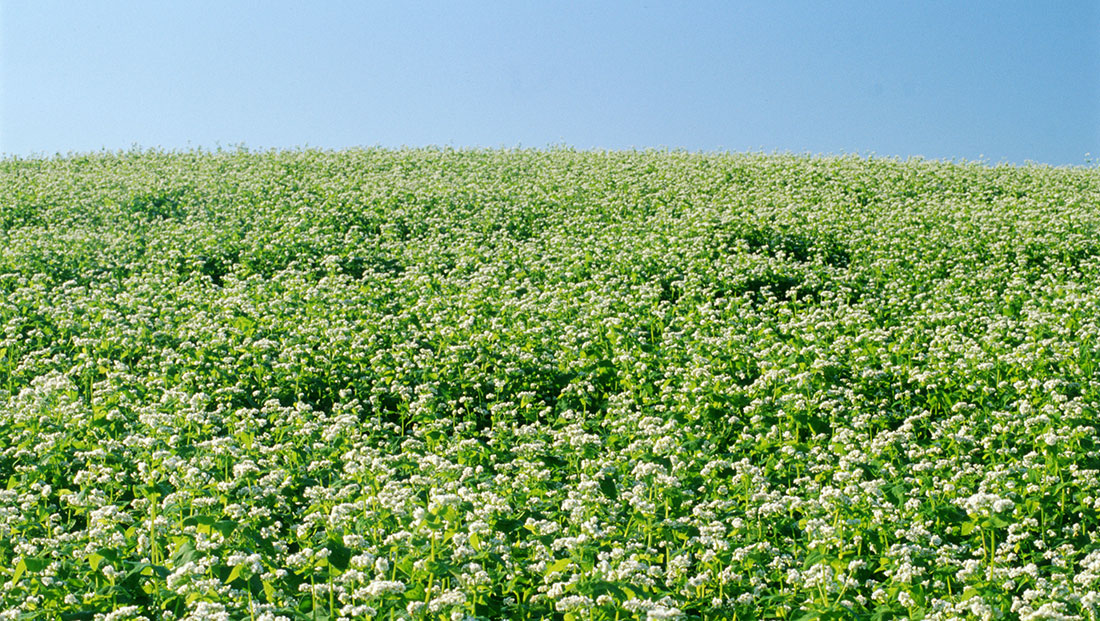
A ground-breaking study has revealed that cover cropping can increase crop yields, boost soil health and bring about a range of environmental benefits.
In the study of 13 Kellogg’s farmers by the National Institute of Agricultural Botany (NIAB), farmers who used cover crops saw yield responses up by 25 per cent and a 50 per cent reduction in nitrogen leeching.
In more than 90 per cent of farms the number of worms increased which increased which are essential for healthy, functioning soils.
Interestingly more than three quarters of Kellogg's Origins famers farms that used cover crops reached their worm target – compared to half for those that didn’t.
Cover cropping is the plants covering the soil on farmland between the harvest and sowing the next set of crops – it helps to prevent soil erosion, improve soil structure, increase organic matter and suppress weeds and pests.
The results of the study have been condensed into a ‘Cover Crop Cook Book’, which gives guidance on agronomy to farmers and offers a range of practical approaches to cover cropping.
The book has been shared with 3,000 farmers and experts throughout the UK in the hope they’ll take up cover cropping and share their knowledge to develop best practice.
'Sustainability of farmers’ crops'
Ann Noble, Kellogg’s sustainability manager, said: "This study arose from engagement with our Kellogg’s Origins farmers.
"At Kellogg’s, we want to ensure the sustainability of our farmers’ crops with better quality grains and healthy soils.
"One of the key areas we’re looking at is the use of cover crops, which is not only a great way of improving soil structure and supporting biodiversity but also – according to this ground breaking study – yield a business benefit too.
"When the research for the report began, we were aware of the potential benefits of cover cropping, but there wasn’t a great deal of fieldwork – until now."
'Resources are scarcer'
Ron Stobart, NIAB’s head of Farming Systems Research, said: "If you travelled 100 years back in time, most farmers would have known about cover cropping, but for so long now the answer has come in a bag, with artificial fertilisers.
"Now resources are scarcer, and companies like Kellogg’s are leading the way in integrating the best sustainable practices with modern commercial production.
"There’s a great deal of interest among the farming community in managing soil resources, and with this study we’ve brought some science on what was a bit of a grey area to get some answers on the benefits of cover cropping.
"It’s given Kellogg’s growers confidence, achieved great buy-in, and we’re happy to share that knowledge in the Cover Crop Cook Book."
